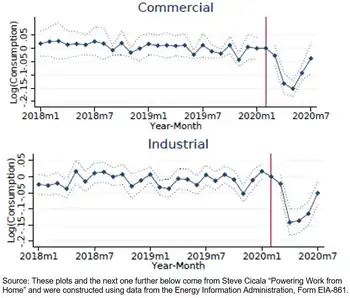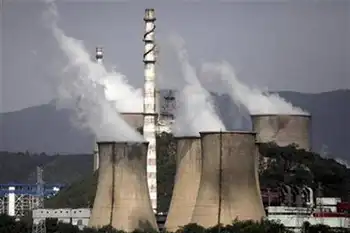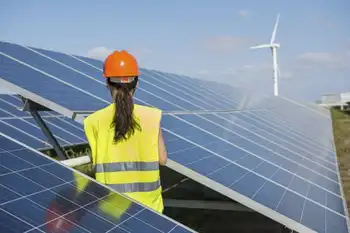ASSE unveils new workplace fall prevention standards
By EHS Today
Arc Flash Training CSA Z462 - Electrical Safety Essentials
Our customized live online or in‑person group training can be delivered to your staff at your location.

- Live Online
- 6 hours Instructor-led
- Group Training Available
The three standards are: ANSI/ASSE Z359.6-2009, “Specification and Design Requirements for Active Fall Protection Systems;” ANSI/ASSE Z359.12-2009, “Connecting Components for Personal Fall Arrest Systems;” and ANSI/ASSE Z359.13-2009, “Personal Energy Absorbers and Energy Absorbing Lanyards”.
According to the Bureau of Labor Statistics (BLS), out of the 5,657 fatal on-the-job injuries that occurred in 2007, 847 were attributed to falls. Aimed at preventing injuries and death due to falls, the ANSI/ASSE Z359.6-2009, approved by ANSI on June 3, specifies requirements for the design and performance of complete active fall-protection systems, including travel-restraint and vertical horizontal fall-arrest systems.
Also approved on June 3, the ANSI/ASSE Z359.12-2009 standard establishes requirements for the performance, design, marking, qualification, test methods and removal from service connectors.
The intention of the ANSI/ASSE Z359.13-2009 standard, approved by ANSI on June 23, is to require all energy-absorbing lanyards and personal energy absorbers to reduce the forces implied on the user to less than 10 times the normal gravitational pull of the earth. In addition, users of energy absorbing lanyards must weigh within the range of 130 to 310 pounds (59 – 140 kg).
“I applaud the ASSE and the devoted group of professionals on the ANSI Z359 Accredited Standards Committee for their dedication to the development of these ground-breaking standards,” said Randall Wingfield, the ANSI/ASSE Z359 Accredited Standards Committee (ASC) chair and president and CEO of Gravitec Systems Inc. “Because falls from heights make up a significant portion of workplace fatalities and injuries, the creation of authoritative documents for workers at height and their employers is essential.
“Years in the making, Z359.12 and Z359.13 expand on existing standards in which connecting devices and personal energy absorbers were initially addressed,” Wingfield added. “Standards devoted solely to these components were necessary because new research and testing have provided us with a better understanding of how these products are used. The new Z359.6 standard tackles fall protection systems design for the first time and is intended for engineers with expertise in this area. The release of these standards marks considerable progress toward the completion of the Z359 Fall Protection Code, a living document that will continue to grow as ten additional standards are drafted and adopted.”
The three new standards will be available soon and will become part of the ASSE Fall Protection Code with an effective date of November 16. The ASSE Fall Protection Code currently includes six standards: Z359.0-2007, “Definitions and Nomenclature Used for Fall Protection and Fall Arrest;” Z359.1-2007, “Safety Requirements for Personal Fall Arrest Systems, Subsystems and Components;” Z359.2-2007, “Minimum Requirements for a Comprehensive Managed Fall Protection Program;” Z359.3-2007, “Safety Requirements for Positioning and Travel Restraint Systems;” Z359.4-2007, “Safety Requirements for Assisted-Rescue and Self-Rescue Systems, Subsystems and Components;” as well as the historical ANSI/ASSE Z359.1-1992 (R1999).
The ANSI/ASSE Z359 ASC for Fall Arrest/Protection also is working on 10 additional Z359 standards projects aimed at protecting workers from falls.











